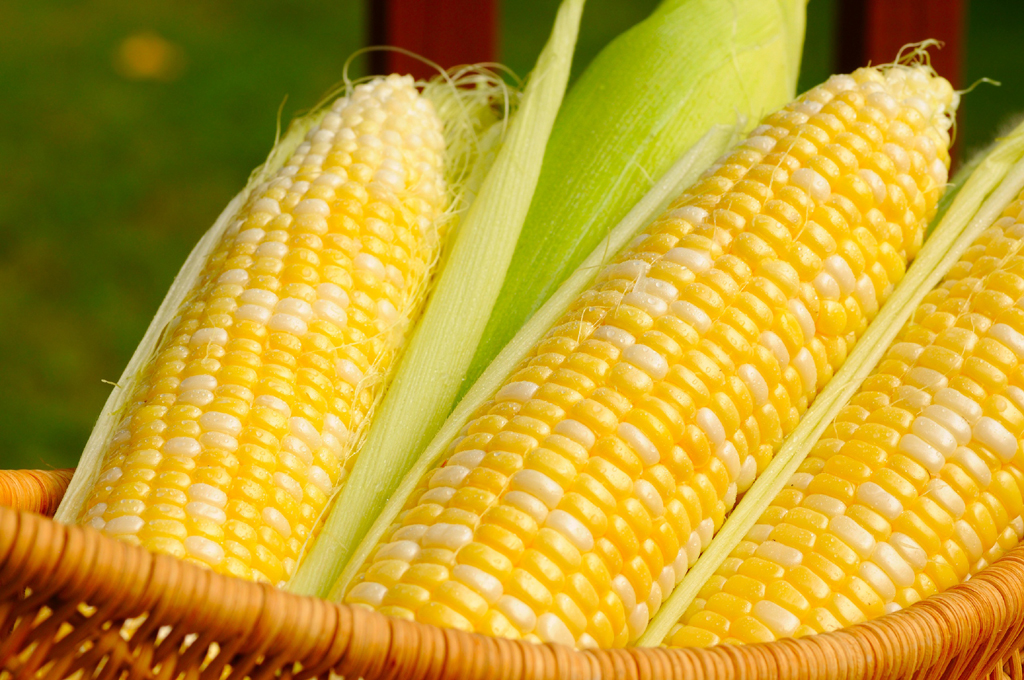
CHICAGO: US corn and soybean futures dropped to fresh multi-month lows on Monday as widespread rains across the Midwest farm belt bolstered production outlooks for recently planted crops.
Wheat futures also eased as rainfall in Western Australia took the edge off global weather worries, although declines were limited as dry weather persisted in other key production areas around the world.
Elevated trade tensions between the United States and major trading partners like China, Mexico and Canada weighed down grain prices in general amid concerns about slower export demand.
Corn prices fell for the third time in four sessions while soybeans dropped for a sixth straight session on long liquidation by commodity funds following rains in key U.S. farm states and expectations for continued beneficial crop weather.
“The forecast does show above normal temps, but that is being countered by above normal precipitation. We have good crop conditions and markets are certainly reacting,” said Rich Nelson, chief strategist with Allendale Inc.
Weekly U.S. Department of Agriculture crop condition ratings, due for release after the market’s close on Monday, were expected to hold steady near previous highs for both corn and soybeans.
Traders were turning their focus to the USDA’s monthly crop supply and demand report scheduled for release on Tuesday.
Chicago Board of Trade July corn fell 10-1/2 cents, or 2.8 percent, to $3.67-1/4 per bushel, the contract’s lowest level since Jan. 24.
CBOT July soybeans were down 15-1/2 cents, or 1.6 percent, at $9.53-3/4 a bushel, the lowest since Aug. 16.
CBOT July wheat dropped 5-1/2 cents to $5.14-1/2 a bushel.
Wheat prices have been buffeted in recent weeks by concerns over dry weather in several major exporting countries, which could change the complexion of a global market currently laden with record inventories.
Farmers in Australia’s export-focused western part of the country received beneficial rains at the end of the winter wheat planting window, although conditions remained parched in the eastern states.
Grain trade association Coceral cut its outlook for the European Union’s soft wheat harvest this year, while conditions remained parched in parts of the Black Sea export region.
“Hot and dry weather looks to stay over the Black Sea region this week, further drawing yield potential for Ukraine wheat and corn, and Russia wheat,” Thomson Reuters Agriculture Research analysts said in a note.
Source: Brecorder



























